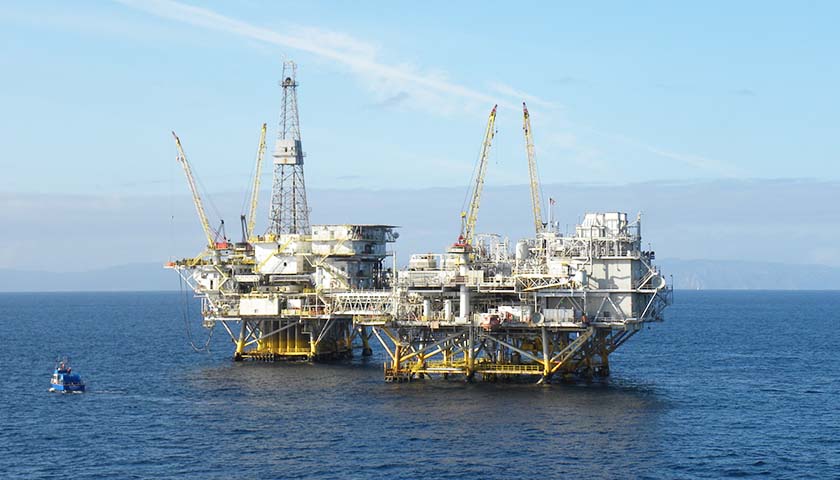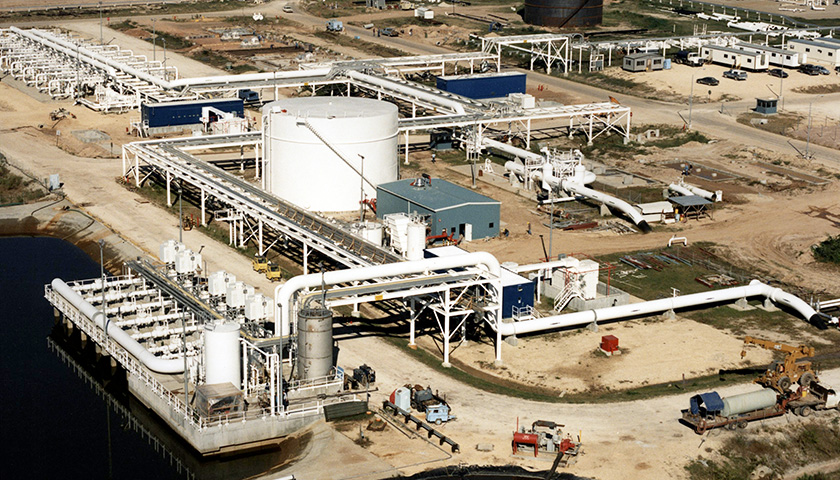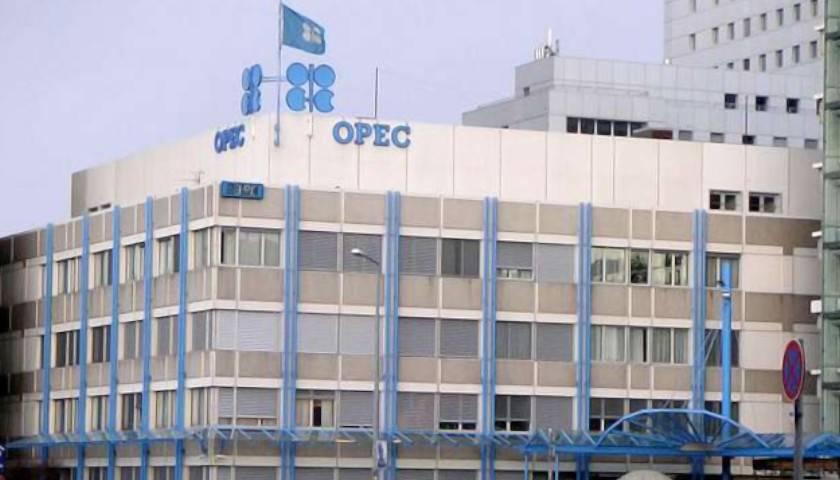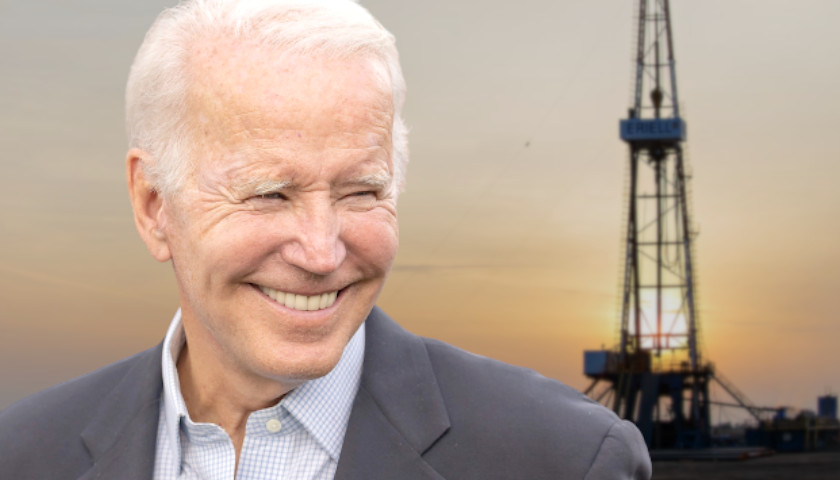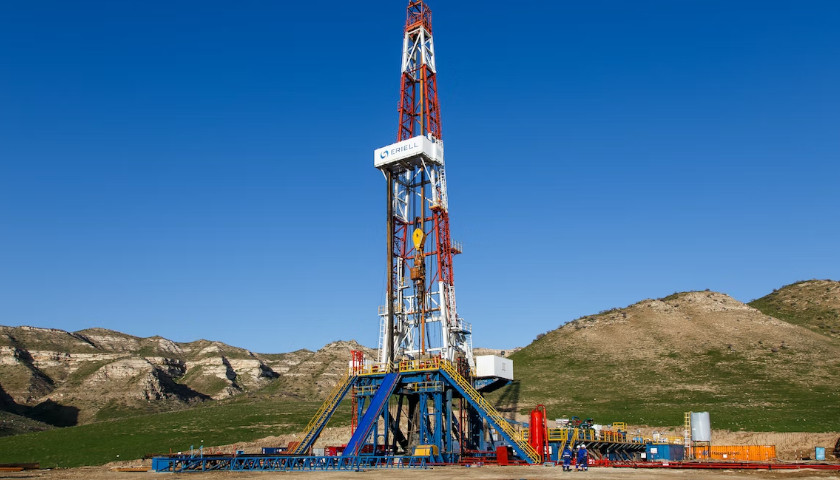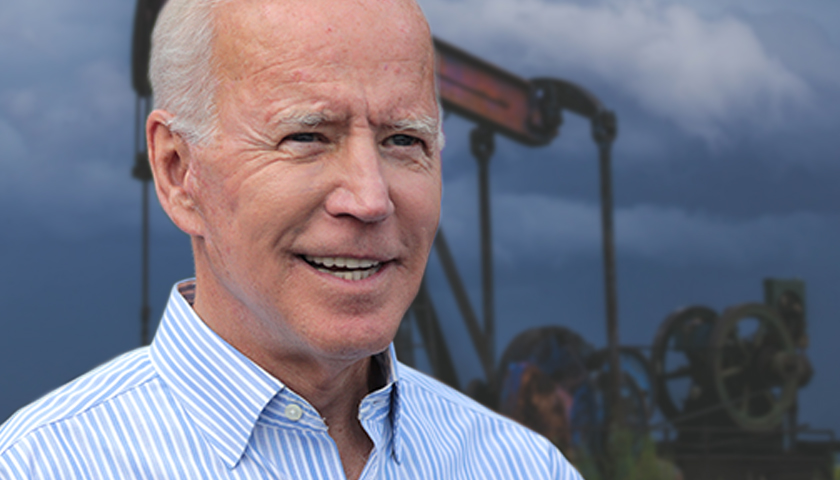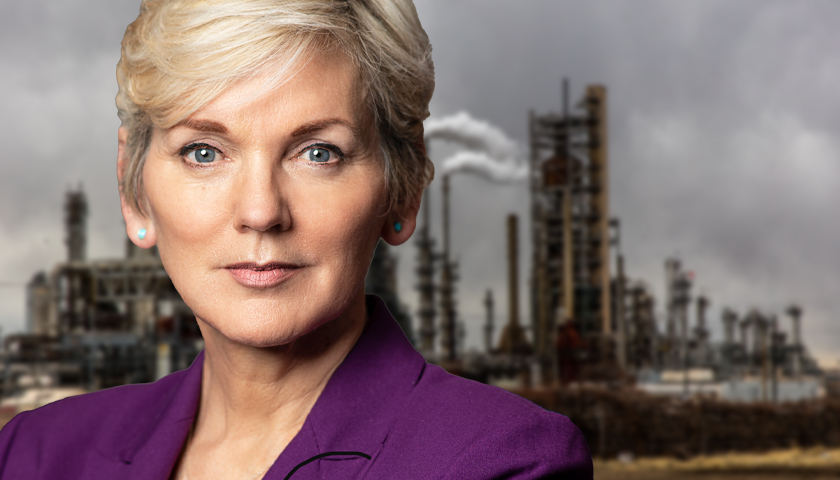The Biden administration asked China, Japan, South Korea and India to tap into their emergency oil reserves as the president continues to grapple with rising gasoline prices, Reuters reported.
The effort to simultaneously release oil reserves represents a rebuke of the Organization of the Petroleum Exporting Countries (OPEC), the cartel that controls oil production throughout the Middle East, several anonymous sources familiar with the request told Reuters on Wednesday. OPEC has repeatedly rejected requests from President Joe Biden and other top administration officials to increase oil production amid rising gasoline prices.
The four Asian nations the president appealed to represent some of the largest energy consumers and greenhouse gas emitters, according to a University of Oxford database.
Read More

